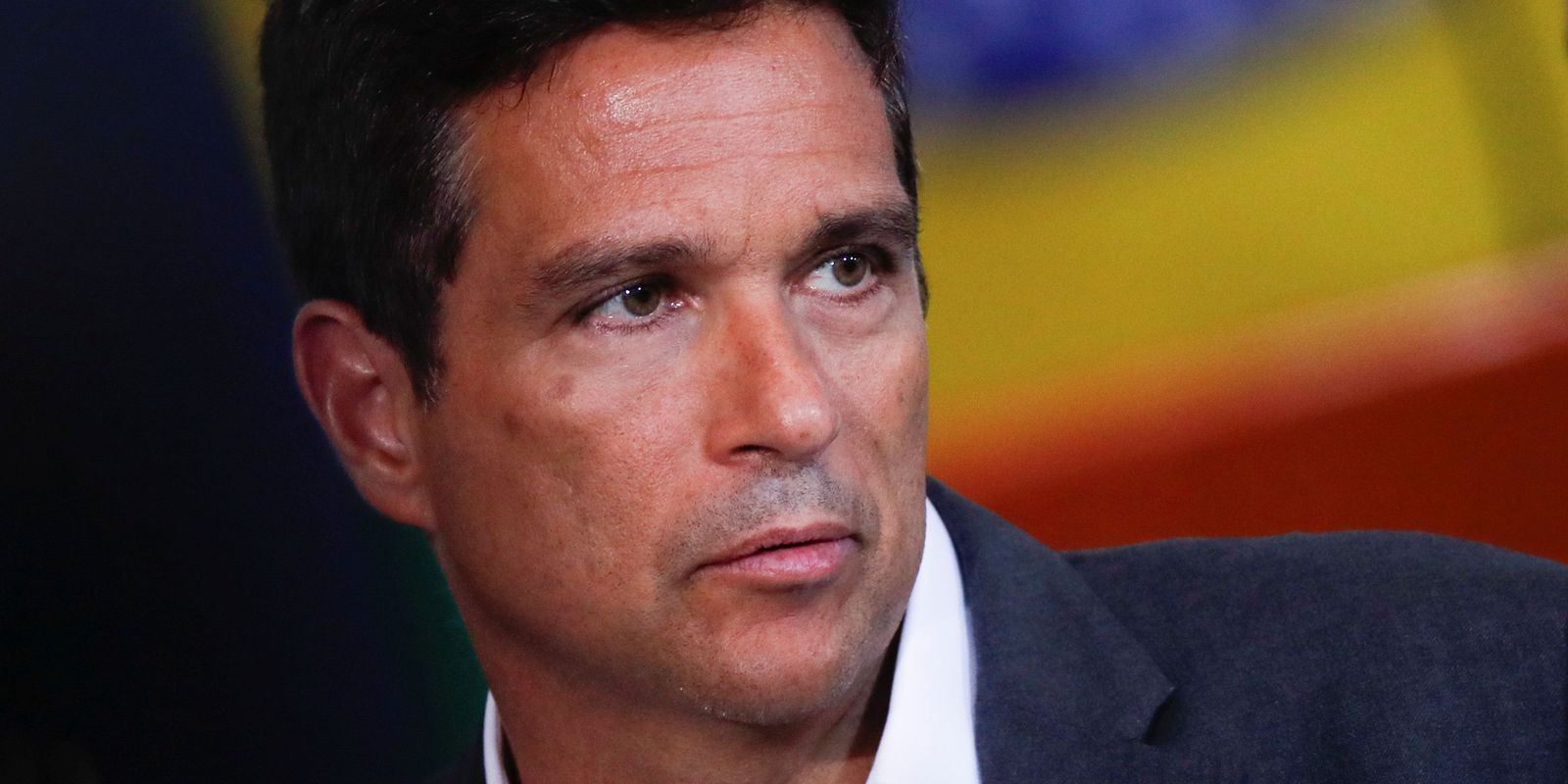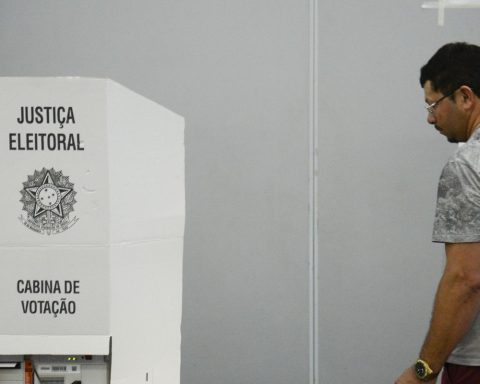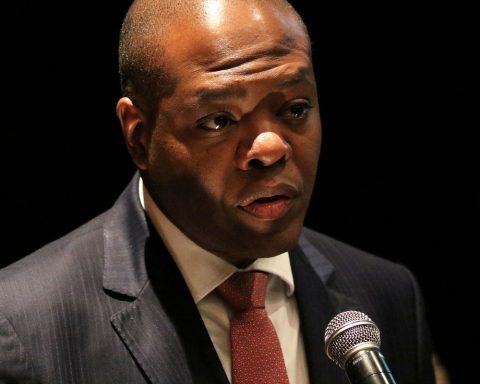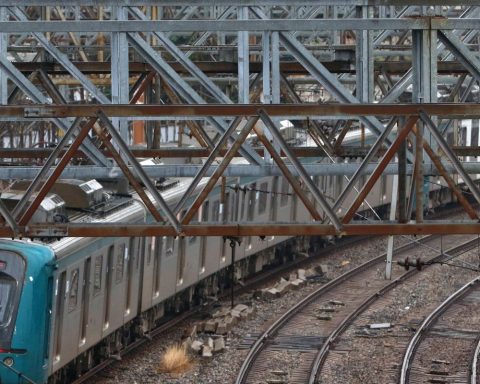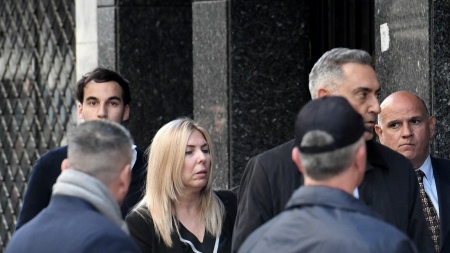The president of the Central Bank (BC), Roberto Campos Neto, said today (15) that the speed of response given by Brazil, in the midst of the global crisis, associated with the “cohesive plan with fiscal responsibility” will lead to the beginning of a trajectory sustainable economic growth with low interest rates. The expectation, he added, is that the external scenario will contribute to this improvement.
The statement was made during the Lide Brazil Conference, in New York (USA), an event that debates the country’s scenario for the coming years, from the point of view of economy, democracy and freedom.
Today’s panel had the participation of the current president and former presidents of the Central Bank, Henrique Meirelles and Pérsio Arida, who is currently part of the technical transition team of the Lula government. It also had the participation of the president of the Brazilian Federation of Banks (Febraban), Isaac Sidney.
Campos Neto started his speech talking about the effects of the pandemic on the world stage and, specifically, in Brazil.
The arrival of the pandemic, said the BC president, led several countries to project a “great depression”. However, thanks to the “coordinated effect” articulated between different countries, the depression ended up being “moderate”.
In the midst of this process, “the economies found it difficult to understand effects and implications. We saw that prices of goods went up a lot and have not come back until today. Is that [o setor de] services dropped a lot, but it started to come back”.
Campos Neto said that, in this context, “the BC acted quickly and was the first to raise interest rates”.
“Probably the outside world will start to help. We understand that, [mantendo] a cohesive plan with fiscal responsibility, we are going to start a sustainable path, with low interest rates”, he said.
fiscal responsibility
Former BC president Henrique Meirelles presented some suggestions for measures that can reconcile investment and fiscal responsibility. According to him, all “permits to spend must have a limit”.
To guarantee resources, Meirelles suggested the “closing of state-owned companies that lost the need to exist”, he said using as an example “the company established to build the bullet train”. “Today it represents just spending,” he added.
The need to increase expenses exists, but, according to Meirelles, there is “room for cutting”, referring to tax benefits. sustainable. With predictability, which is very important”.
“With the country’s growth assured, with fiscal stability, the question is how to grow better. In this sense, there is the question of reforms”, he added, while defending measures that aim to reduce bureaucracy in the process of registering companies, which would encourage entrepreneurship among Brazilians.
“There is a huge field for us to advance in Brazil, with less bureaucracy, with investment in infrastructure, and with the opening of capital for the private sector to invest”, he added.
growth level
The president of Febraban, Isaac Sidney, said that Brazil has “experienced mediocre growth in recent decades”, and that the country “cannot get used to this”. “In the last decade we grew, per year, on average, 0.5%. We can’t go on like this. We have to look forward, seeking consensus, serenity and courage”, he said.
In the assessment of the representative of the banks in Brazil, political stability and respect for institutions and democracy are fundamental for a more positive scenario.
“Febraban does not hesitate to support democracy and harmony between powers. This is imperative. The election is over, we have an elected president and we all have to discuss the condition for Brazil to grow again at higher levels, because growth is an imperative need for us to generate jobs, wealth and well-being”, she argued.
According to him, the “sustaining wall of a sustainable economy” for any country “is institutional security”. “Brazil needs a strong expansion of private investments, but investment does not dialogue with institutional surprises or political instabilities. Posted rules have to be respected, and not changed during the game”, he added.
At the end of his speech, the President of Febraban left a “message of optimism”: “We trust in Brazil’s capacity for entrepreneurship, in the institutions and powers that have not weakened, as is the case of the Judiciary”.
Social politics
The former president of the National Bank for Economic and Social Development (BNDES) and BC Pérsio Arida praised the “firm defense of the STF [Supremo Tribunal Federal] for the sake of democracy”. He also defended the balance between fiscal responsibility and social policies.
“We saw that social policies made without fiscal responsibility ended up making social policies unfeasible. We also saw the opposite of this: fiscal policies that, without making social policies viable, ended up being unfeasible because they resulted in outcry and dissatisfaction on the part of the population. The idea is to advance in both fronts”, said the economist who is part of President Luiz Inácio Lula da Silva’s transition team.
When starting her speech, Arida said that, currently, the main economic challenge is to grow in an inclusive and sustainable way. “It is not easy because Brazil has been disappointing in terms of growth, inclusion and also the environment”, he added, remembering that the environmental issue is increasingly relevant in the search for foreign investment.
“The future of Brazil lies in the integration of trade with international flows. It makes no sense to cut channels with the world. We have to open up the economy, sign the Mercosur agreement with the European Union and join the OECD [Organização para a Cooperação e Desenvolvimento Econômico] to integrate us as much as possible with the world economy and attract capital”, he said.
In this sense, Arida defended the advancement of reforms in the country, aiming at better management by the State, which involves “an administrative reform that unifies careers and promotes a differentiated attribution of returns to those who work more”.
